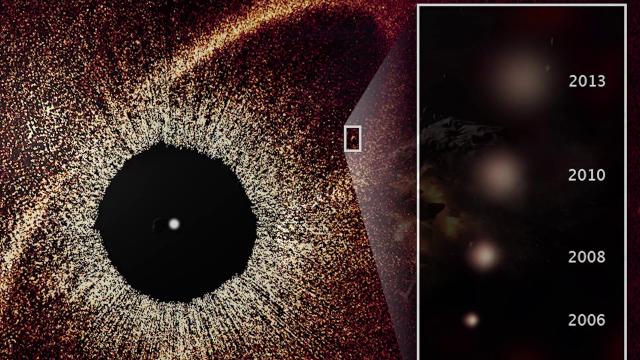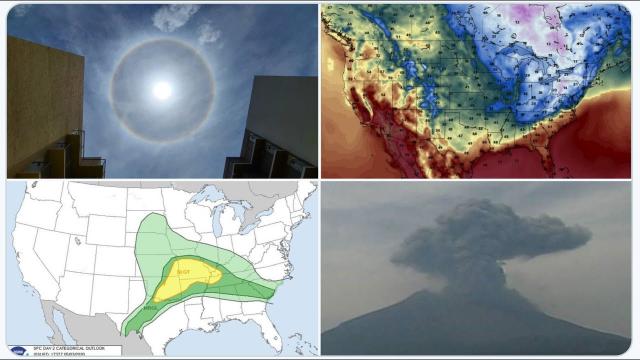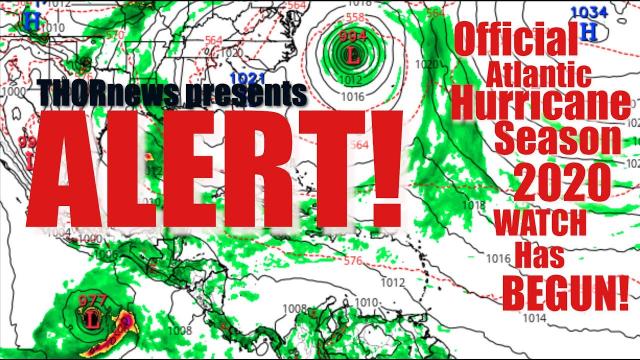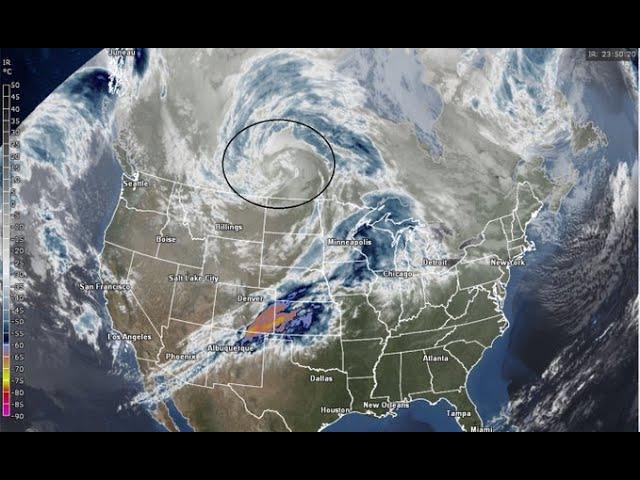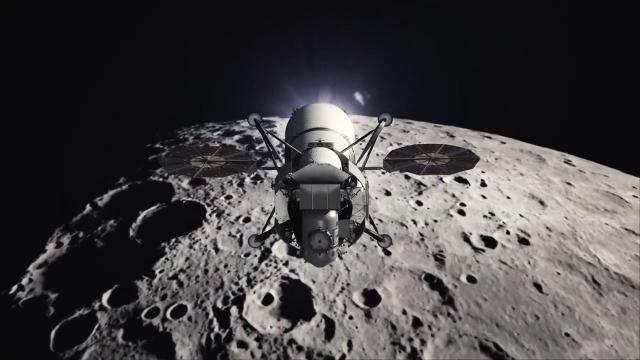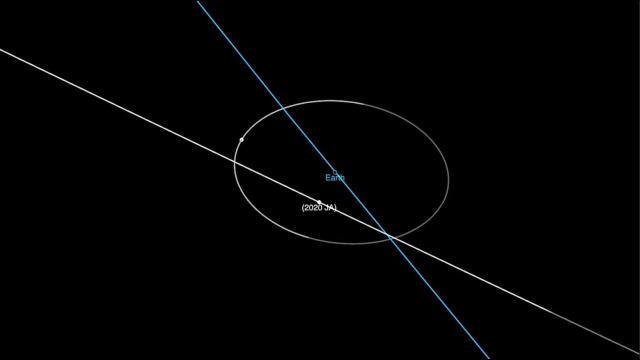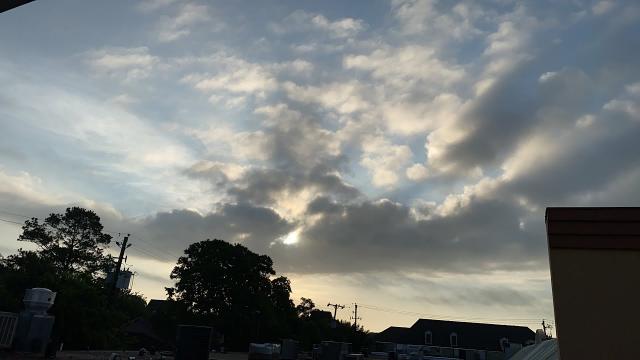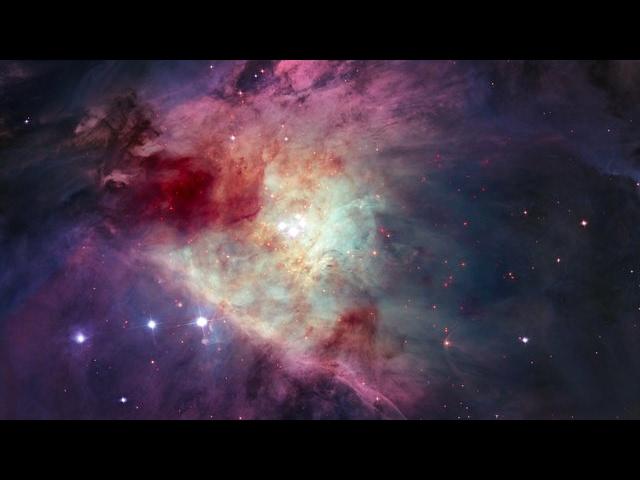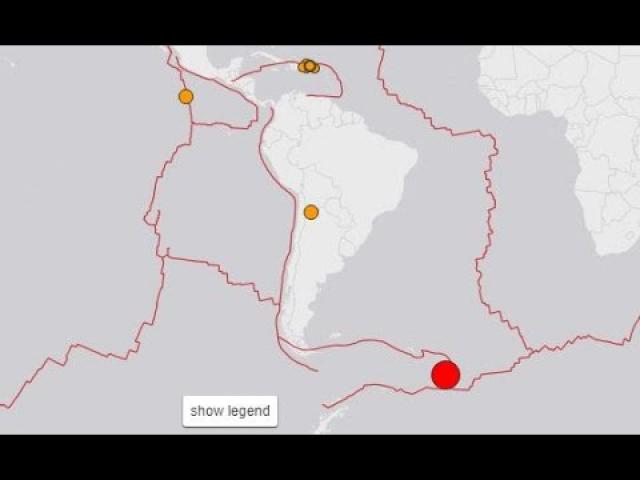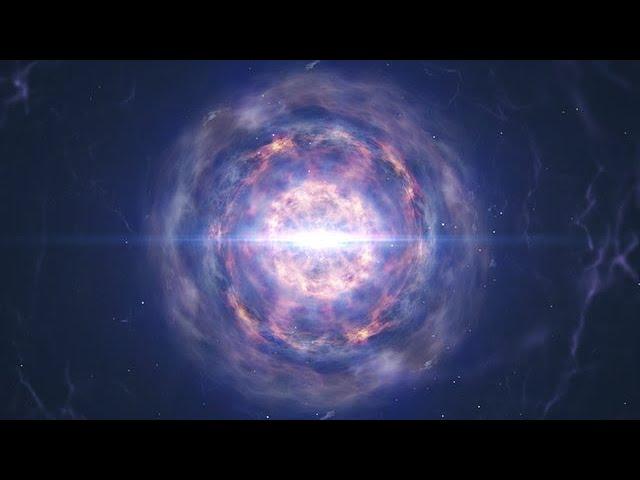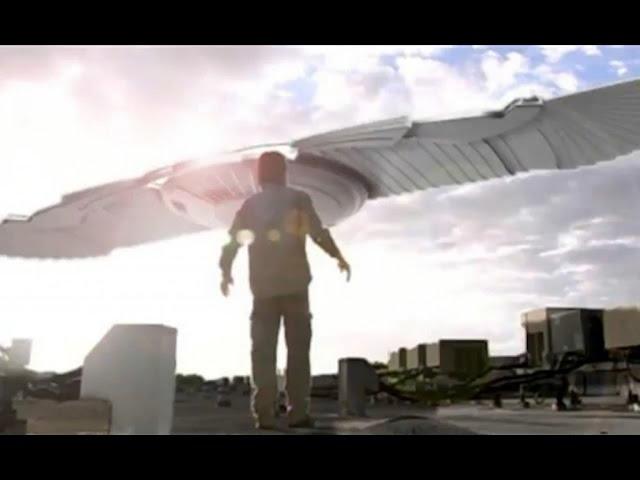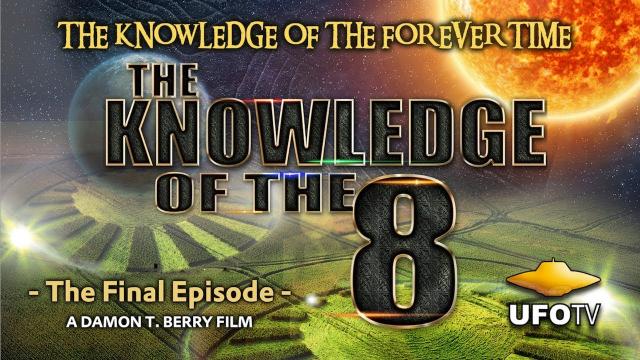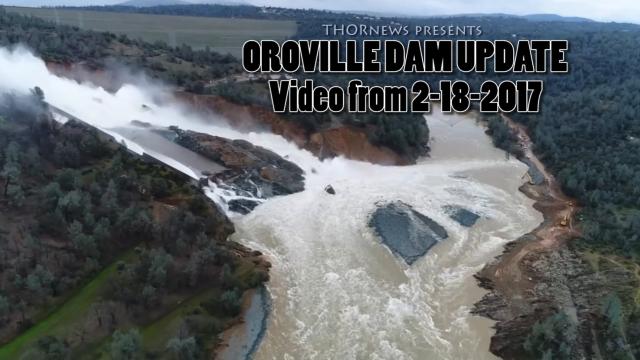Pan: UGC 5460
Description
The sparkling spiral galaxy gracing this NASA/ESA Hubble Space Telescope Picture of the Week is UGC 5460, which sits about 60 million light-years away in the constellation Ursa Major. This image combines four different wavelengths of light to reveal UGC 5460’s central bar of stars, winding spiral arms and bright blue star clusters. Also captured in the upper left-hand corner of this image is a far closer object: a star just 577 light-years away in our own galaxy.
UGC 5460 has hosted two recent supernovae named SN 2011ht and SN 2015as. It’s because of these two stellar explosions that Hubble targeted this galaxy, collecting data for three observing programmes that aim to study various kinds of supernovae.
SN 2015as was what’s known as a core-collapse supernova: a cataclysmic explosion that happens when the core of a star far more massive than the Sun runs out of fuel and collapses under its own gravity, initiating a rebound of material outside the core. Hubble observations of SN 2015as will help researchers understand what happens when the expanding shockwave of a supernova collides with the gas that surrounds the exploded star.
SN 2011ht might have been a core-collapse supernova as well, but it could also be an impostor called a luminous blue variable. Luminous blue variables are rare stars that experience eruptions so large that they can mimic supernovae. Crucially, luminous blue variables emerge from these eruptions unscathed, while stars that go supernova do not. Hubble will search for a stellar survivor at SN 2011ht’s location, and the explosion’s identity may be revealed at last.
More information and download options: http://esahubble.org/videos/potw2507a/
Credit:
ESA/Hubble & NASA, W. Jacobson-Galán, A. Filippenko, J. Mauerhan, N. Bartmann (ESA/Hubble)
Music: Stellardrone - Endeavour

